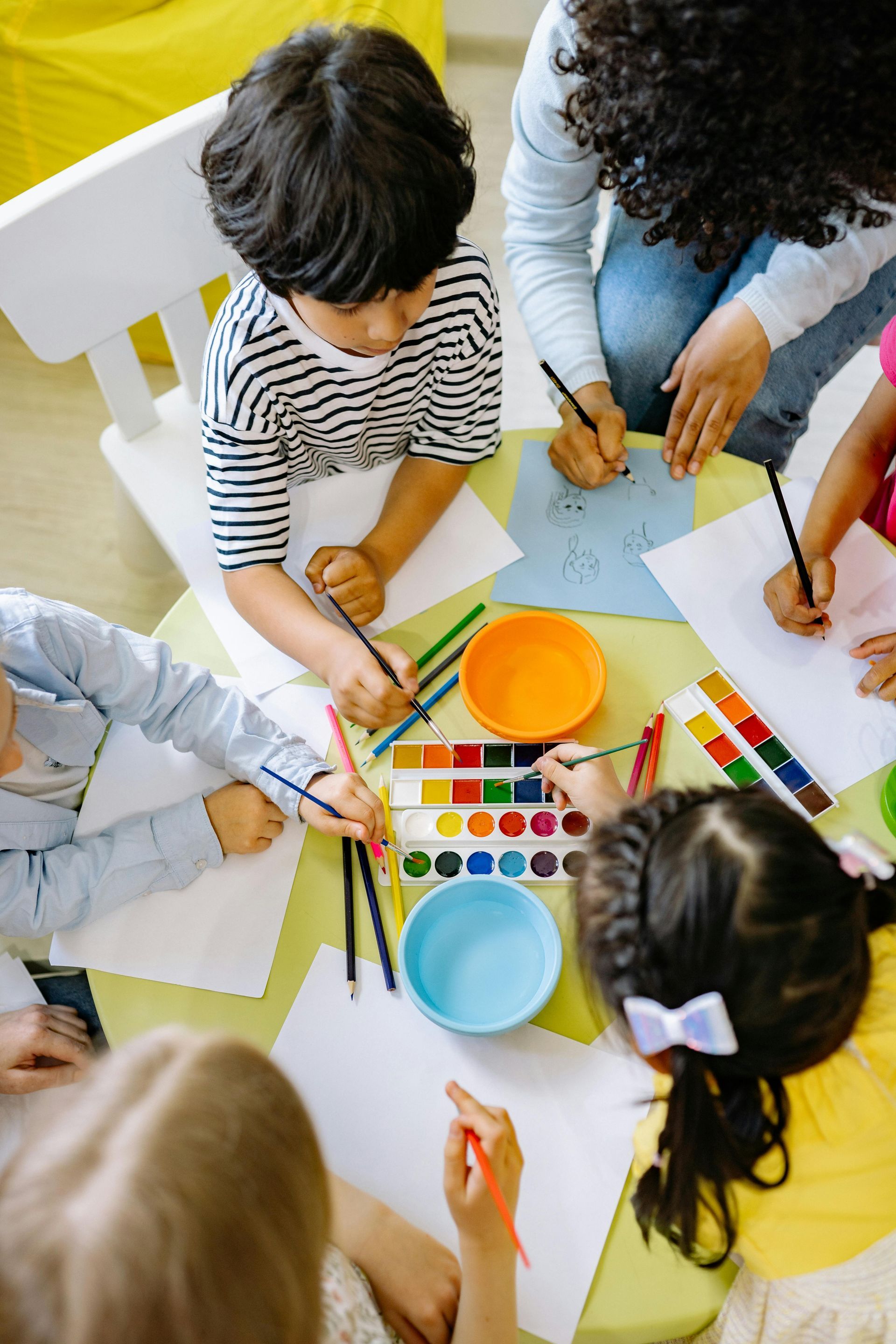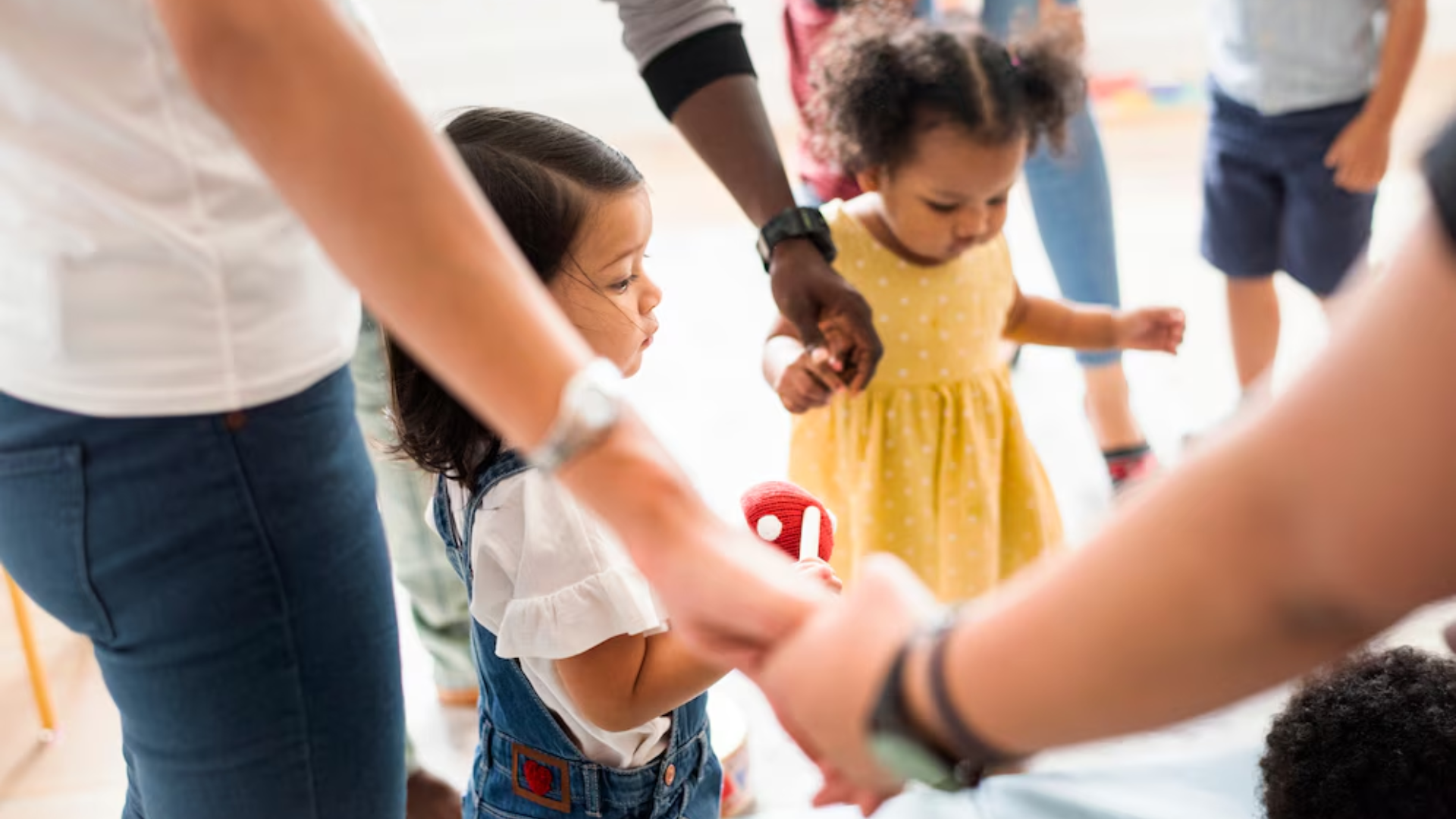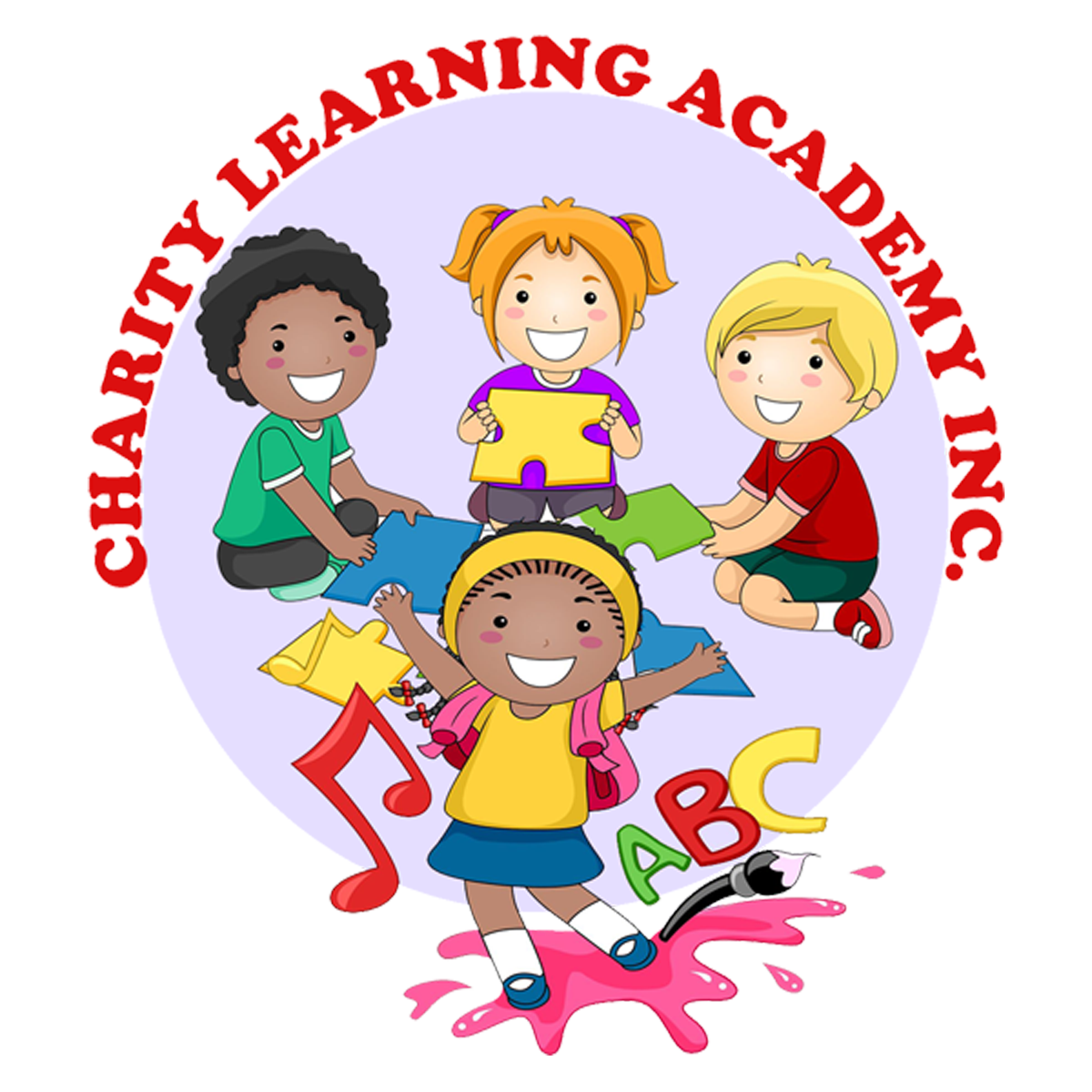How to Foster Social and Emotional Growth in Toddlers

The toddler years are a time of rapid development in many areas, and social and emotional growth is particularly crucial. During this stage, toddlers begin to learn how to understand and manage their emotions, communicate their feelings, and interact with others. These foundational years set the stage for how children will navigate social situations and regulate their emotions throughout their lives. As parents and caregivers, it's essential to provide an environment that nurtures this growth and helps toddlers build the skills they need to thrive in their relationships and their emotional well-being.
In this post, we’ll explore a variety of effective strategies that can help foster social and emotional growth in toddlers. From modeling emotional regulation to encouraging communication and social interaction, there are numerous ways you can support your toddler as they begin to navigate the complex world of emotions, relationships, and self-awareness.
Why Social and Emotional Growth Matters
The toddler years are often regarded as the most critical period for a child’s social and emotional development. These early years shape the way children will interact with others, how they express and regulate their feelings, and how they build connections with those around them. Developing strong social and emotional skills at this stage can have a profound impact on a child’s future success, including their ability to form meaningful friendships, engage in academic environments, and cope with challenges throughout their lives.
In addition to forming healthy relationships, emotional intelligence—such as empathy, self-regulation, and self-awareness—helps toddlers navigate difficult emotions and challenges in positive ways. Whether it’s dealing with disappointment, frustration, or conflict, toddlers who have developed social and emotional skills are better able to manage these situations calmly and with resilience.
Fostering social and emotional growth from an early age not only benefits a child’s development but also sets them on a path toward positive mental health and well-being later in life. Let’s explore how you can help your toddler build these essential skills.
1. Model Healthy Emotional Expression
One of the most important ways toddlers learn about emotions is by observing the adults around them. As caregivers, it’s essential to model healthy emotional expression. When toddlers see adults express their feelings in a balanced and constructive way, they learn how to regulate their emotions and express themselves appropriately.
For example, when you experience frustration, instead of acting out, model how you cope by saying, “I’m feeling frustrated right now because I can’t find my keys, but I’m going to take a deep breath and try again.” By hearing these words, toddlers learn that it’s okay to feel upset and that it’s possible to manage those feelings calmly. They will start to understand that emotions are a normal part of life and that there are healthy ways to express and deal with them.
Similarly, when you show affection, express love, or offer comfort, you’re teaching your toddler that emotions like happiness, love, and empathy are positive and should be shared with others. Be mindful of your tone of voice, body language, and words as these all play a role in how toddlers interpret emotional situations.
2. Encourage Communication Through Words
As toddlers begin to develop their language skills, it’s important to encourage them to express their feelings with words. The more toddlers can identify and articulate their emotions, the better equipped they will be to navigate social situations and resolve conflicts.
Encouraging communication begins with simply listening to your toddler and acknowledging their feelings. If your toddler is upset, say things like, “I can see you are sad because your toy broke. It’s okay to feel sad, and I’m here to help.” Encouraging your toddler to name their feelings—whether it's happy, sad, mad, or scared—teaches them that their emotions are valid and that it’s important to express them.
Additionally, asking open-ended questions, such as “How do you feel today?” or “What made you happy this morning?” helps toddlers develop their vocabulary and emotional awareness. By regularly engaging in conversations about feelings, you provide toddlers with the words they need to understand and express what’s going on inside.
Reading books about emotions is another excellent way to encourage language development and help toddlers understand different feelings. Books likeThe Color Monster by Anna Llenas or Glad Monster, Sad Monster by Ed Emberley introduce toddlers to a variety of emotions and help them identify how they might feel in different situations. By incorporating these stories into your routine, you’re giving toddlers both language and emotional tools they need to navigate the world around them.
3. Provide Opportunities for Social Interaction
Toddlers learn social skills by interacting with others. Whether it’s through play with siblings, friends, or adults, toddlers are constantly learning about how to take turns, share, cooperate, and communicate with others. These early social experiences help them develop essential skills like empathy, cooperation, and negotiation.
As a parent or caregiver, providing opportunities for social interaction is vital. Setting up playdates, taking your toddler to group classes or community events, or simply allowing them to interact with other children at a park can offer them the chance to practice these skills. Remember that toddlers are still learning how to manage their impulses, so it’s not uncommon for them to grab toys, push, or become upset. Patience is key as you guide them through these early social experiences.
Model appropriate behavior by demonstrating how to greet others, how to share, and how to express oneself politely. For instance, if your toddler is playing with a toy and another child wants to join in, you can gently remind them to share by saying, “It’s nice to share with your friend. Can you take turns with the toy?”
Additionally, toddlers benefit from structured activities that promote cooperative play. Games that require waiting for a turn, building together, or solving problems together foster social skills and cooperation. Simple board games, art projects, or group activities teach toddlers how to work as a team and navigate the ups and downs of social interactions.
4. Establish Consistent Routines and Boundaries
Consistency and routine are essential for helping toddlers feel secure, which in turn allows them to regulate their emotions. Having a predictable schedule can help toddlers know what to expect each day, reducing feelings of anxiety or uncertainty. For example, having a regular mealtime, nap time, and bedtime routine helps toddlers feel safe and confident.
Boundaries are equally important in fostering emotional growth. Setting clear, age-appropriate boundaries and expectations helps toddlers understand what behaviors are acceptable and what are not. For instance, if a toddler is throwing a tantrum because they can’t have something they want, calmly explain that their behavior is not acceptable and offer an alternative or solution.
Consistency is key when it comes to enforcing boundaries. When a toddler is consistently told that hitting or yelling is not okay, and that there are consequences for such behavior, they will begin to internalize these limits and learn how to express themselves in healthier ways.
However, it’s also important to be flexible. Sometimes, toddlers need to test boundaries to understand their limits. In these cases, it’s helpful to remain patient and use gentle reminders to guide them toward more appropriate behaviors.
5. Teach Empathy and Compassion
Empathy is the ability to understand and share the feelings of another person. It’s a crucial social-emotional skill that helps children form meaningful connections with others and build strong, supportive relationships. Teaching toddlers to recognize and respond to the emotions of others can begin with small steps.
For example, if your toddler sees another child upset, you can prompt them by saying, “Your friend is feeling sad because they dropped their toy. How do you think they feel? What could we do to help?” This simple exercise helps toddlers recognize the emotions of others and gives them a chance to practice responding with kindness and empathy.
You can also encourage empathy by using books, role-playing, or storytelling to explore different emotional scenarios. When reading stories together, ask your toddler questions like, “How do you think the character feels when that happens? What could they do to feel better?” This encourages toddlers to consider other people’s perspectives and teaches them how to respond with care and understanding.
6. Reinforce Positive Behavior with Praise
Positive reinforcement is a powerful tool in encouraging the desired behaviors in toddlers. When toddlers exhibit social and emotional behaviors that reflect empathy, kindness, or self-regulation, be sure to praise them for their efforts. This reinforces the behavior and helps them understand what is expected.
For instance, if your toddler shares a toy with a peer or expresses their feelings calmly instead of acting out, praise them by saying, “I love how you shared with your friend today. That was very kind!” Positive reinforcement helps toddlers feel proud of their actions and motivates them to repeat those behaviors in the future.
It’s important that praise is specific and focused on the behavior you want to encourage. Instead of general praise like “Good job,” try saying, “I’m so proud of you for using your words to ask for a turn with the toy. That’s how we solve problems!”
Our blog post on why our curriculum focuses on nurturing every child's potential aligns with the insights shared in the power of early learning in shaping your child's future, emphasizing how foundational early education plays a pivotal role in fostering a child's growth, development, and future success.
Conclusion
Fostering social and emotional growth in toddlers is one of the most important things you can do to help set them up for success. By providing them with the tools they need to understand and manage their emotions, communicate effectively, and interact with others in a positive way, you are laying the foundation for their future well being.
Remember that toddlers are still learning how to navigate the complex world of emotions and social interactions. They need guidance, patience, and lots of support from the adults around them. By modeling healthy emotional expression, encouraging communication, providing opportunities for social interaction, and setting clear boundaries, you are helping your toddler build the social and emotional skills that will serve them for a lifetime.
As your toddler grows, these foundational skills will help them build strong, supportive relationships, handle challenges with resilience, and thrive in social settings. Your role as a caregiver is essential in helping your toddler become an emotionally intelligent and socially confident individual. By nurturing their social and emotional growth, you are giving them the tools they need to navigate the world with confidence, kindness, and empathy.










